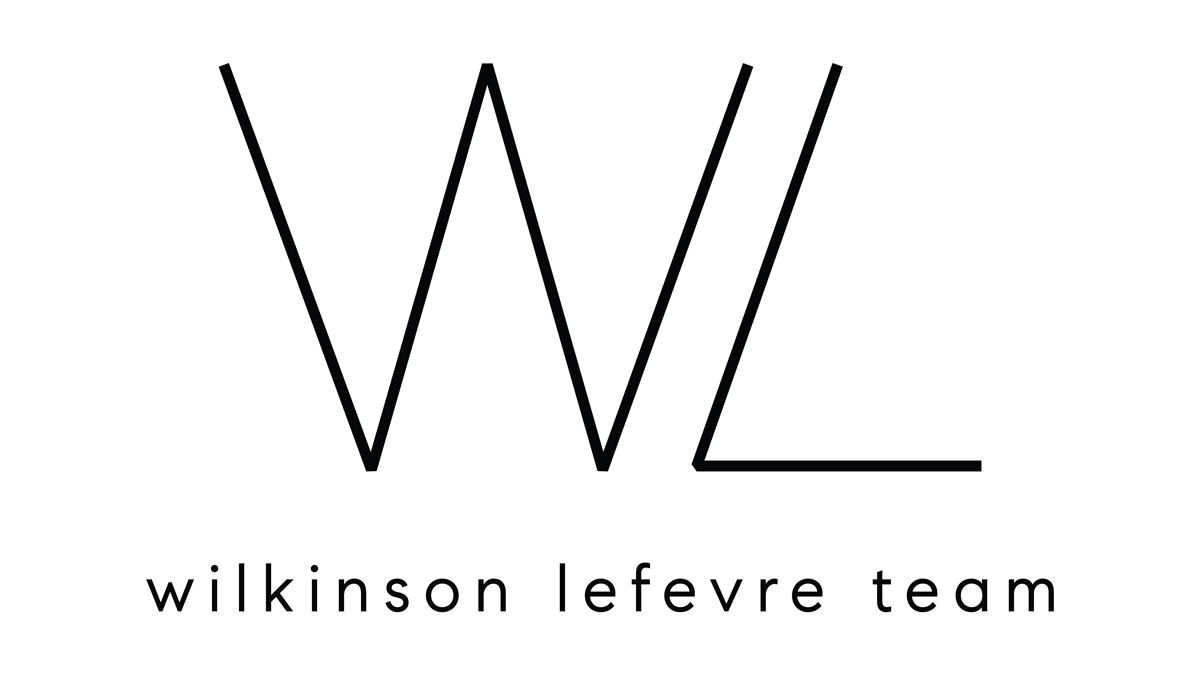
Buying an apartment in New York City is a unique experience, with your monthly carrying costs being a crucial consideration that is unlike buying homes in other regions. These additional building costs can significantly impact your overall budget and mortgage eligibility, making it essential to carefully consider them when searching for your dream apartment. In this blog post, we will explore how real estate agents evaluate monthly fees and their influence on a property’s purchase price.
What Monthly Costs Can I Expect
Monthlies-
In a Co-op: Your base monthly cost will be your building’s maintenance charge. This one number includes your share of the building costs (somewhat comparable to an HOA fee) combined with your monthly share of building property taxes.
In a Condo: You will see two monthly numbers listed. The first being Common Charges (again, somewhat comparable to an HOA fee). The second being your estimated monthly property taxes
Charges like utilities or building amenity charges can sometimes be fully or partially rolled into the apartment’s maintenance / common charges. This varies from building to building.
Assessments
Periodically buildings will implement an assessment, which is an additional charge on top of your maintenance/ common charges. Many times, these assessments are used to pay for a specific building project and have an end date listed. There are exceptions to this though and it is always good to get as much information as possible on any current or upcoming assessments.
Abatements-
Opposite to an assessment, an abatement lowers your monthly costs. Some abatements end after a period of years, as commonly seen in new development buildings. Others are ongoing but contingent upon the property being your primary residence.
How to Factor Monthly Costs into the Purchase Price of a Home?
When assessing how monthly carrying costs affect the purchase price of an apartment, real estate agents typically examine two key areas: the apartment’s specific details and comparable neighborhood averages.
For example, let’s say you’re interested in a Co-op apartment with a size of 750 square feet and a monthly maintenance fee of $2,000. To calculate the maintenance cost per square foot, divide the monthly fee by the apartment size: $2,000 / 750 = $2.67 per square foot.
Next, to gauge how these monthly fees compare to the neighborhood average, real estate agents analyze 5-10 comparable properties with similar characteristics, including service level, asset class, and building size. If the average maintenance cost per square foot in the neighborhood is $2.00, you would be paying $0.67 per square foot more than the average. For a 750-square-foot apartment, this amounts to $502.5 per month ($0.67 x 750).
It is important to note that Co-ops are not listed by square footage, like Condos are. As such, the square foot numbers used above would commonly be estimates.
How Do Monthly Costs Factor into Your Mortgage?
If you are financing the purchase of the apartment, your mortgage lender will take these monthly building costs into account. Since part of your income will go towards covering these fees, it affects how much you can allocate towards your mortgage payment each month.
If you’re considering an apartment with high monthlies, your bank or mortgage lender is going to factor this into your mortgage qualification and the amount they will lend you. To understand how much less the bank would be willing to lend, we can calculate the principal amount for a mortgage that covers the monthly fee of $502.50. Assuming a 6% interest rate, this amounts to approximately $90,000.
Consequently, this means the apartment’s value is about $90,000 less than the theoretical “average” apartment. Considering its 750-square-foot size, this translates to $120 per square foot ($190,000 / 750sf). If the average apartment in the area is trading for $1,000 per square foot, you would expect this one to trade for $880 per square foot ($1,000/sf – $120/sf) due to the higher monthly costs.
Other Considerations on Purchase Price:
While monthly carrying costs can impact the purchase price, there are other essential factors to consider as well, such as the renovation level, view, and outdoor space. These elements may offset the effects of monthly fees and play a crucial role in determining the overall value and investment potential of the apartment.
Having the Right Real Estate Team:
Navigating the complexities of purchasing an apartment in NYC requires the right real estate team on your side. A transparent and knowledgeable team can help you make informed decisions about affordability, potential returns on investment, and overall value.
Buying an apartment in New York City involves more than just considering the purchase price. Monthly carrying costs can significantly impact your budget and mortgage eligibility, making it essential to evaluate their influence before making a decision. By carefully factoring in monthly charges and considering other key elements, you can make an informed choice and find the perfect NYC apartment for your lifestyle and financial goals. If you have any questions or need guidance, feel free to contact us at any time.
